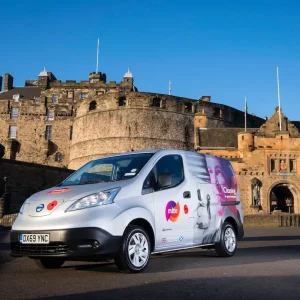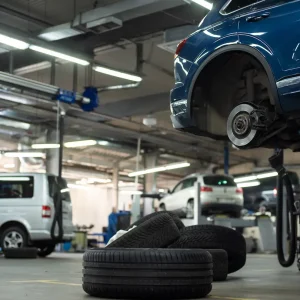Organisations often lack a dedicated business travel booking team. Where they have one, the travel team is focused on those journeys that require more complex international planning.
Generally, travel experts do not get involved in the many frequent sub-100-mile trips that we find increasingly characterise the reality of day-to-day business travel.
Businesses understand the importance of getting employees behind the wheel of the right vehicle and aligning the way that staff travel for work with their corporate mobility strategy and business goals.
Nudging colleagues towards planning their mobility ahead of time, as well as choosing the most carbon- and cost-efficient modes of transport, is harder when many decisions are directly made by employees themselves often with little control and supervision.
In addition, while the car is key to enhancing the experience of business travel for the employee, it’s often overlooked even when international trips are being planned and booked.
Booking flights, hotels and car hire at the same time is becoming more prevalent, though many still leave booking car hire until the last 24 hours before the trip – effectively on the same business day – meaning less choice and the possibility that the vehicle type will not meet the travel policy.
The arrival of summer is now adding an extra complication, especially as demand from leisure travellers increases.
Discussing journey plans well in advance – for the sub-100 trips as well as longer journeys – means that rental companies will be better able to ensure vehicle availability through the summer months.
They can also offer new solutions to further streamline business travel. Booking a car club vehicle is a growing alternative to having a car for the duration of the trip. Check on the availability of car clubs where you are travelling as networks are growing, whether you are travelling close to home or overseas.
Car clubs can encourage employees to think carefully about the right vehicle for their needs, how long it’s needed for, and potentially using other shared transport such as trains.
Because those vehicles are located near city centres, railway stations, commercial and business areas, employees can pick them up exactly when and where they need to use a car.
The UK’s growing number of electric vehicle car clubs also supports zero-emission motoring and encourages people to try using an EV for work trips.
When car club vehicles are located close to other new modes of shared transport – such as e-scooters and bikes – they can have a powerful effect on future-proofing business travel and reducing emissions still further.
From regular conversations with companies of all sizes, I’m aware that booking car rental is all too often overlooked in the business travel conversation.
Shifting that mindset can be a step forward in empowering employees. It helps them determine the right means of transport according to their specific requirements, achieve wider goals around reducing emissions, and create a great business travel experience every time.
Paul McCorkell is director of business rental UK and Ireland at Enterprise





